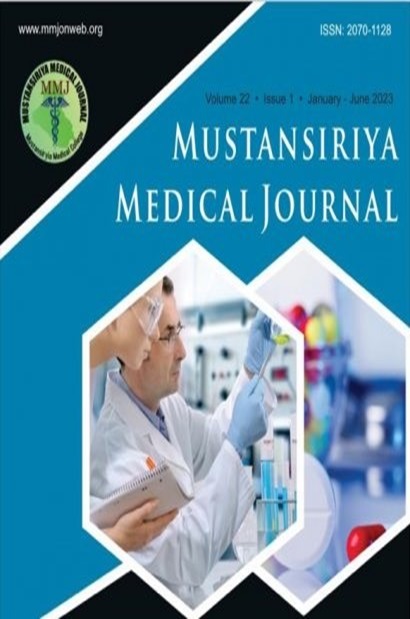Abstract
Background: Over the past years, some immune checkpoint inhibitors (ICPIs) have been approved for clinical use in several malignancies.
Examining the effects of ICPIs on the patients’ health‑related quality of life (HRQoL) may help clinicians in their decision‑making process.
Aim: The aim of this review is to summarize the current evidence about the effects of ICPIs on the patients’ HRQoL. Methods: PubMed,
Embase (via OvidSP), Web of Science, Scopus, and EBSCOhost were searched from their dates of inception to January 2018. Studies reporting
the effects of ICPIs on the HRQoL using a valid questionnaire are included in the review. A narrative summary of the included studies was
presented. Results: Sixteen studies met the specific inclusion criteria, which are as follows: seven about melanoma, three about renal cell
carcinoma (RCC), one about metastatic Merkel‑cell carcinoma (mMCC), two about squamous cell carcinoma of the head and neck, two
about non‑small‑cell lung cancer (NSCLC), and one about colorectal cancer (CRC). In melanoma, more improvements in the global health
status (GHS) were observed with pembrolizumab, ipilimumab 3 mg/kg, and pembrolizumab every 2 weeks than with ipilimumab, ipilimumab
10 mg/kg, and pembrolizumab every 3 weeks, respectively. However, no clinically significant differences were found when adding gp100
vaccine, using different doses of pembrolizumab or combining ICPIs. In RCC, the EQ‑5D utility index and the time to deterioration were
improved in the nivolumab groups than in everolimus groups. In squamous cell carcinoma of the head and neck, the GHS remained stable
or improved with nivolumab. However, there was no significant difference in the time to deterioration between nivolumab and investigator’s
choice. In mMCC, a slight gain in the GHS was observed with avelumab. In NSCLC, improvements were observed in the symptoms scales
and some of the functioning scales with pembrolizumab than chemotherapy. However, no difference was observed between them on emotional
functioning. In CRC, some clinically meaningful improvements were observed in nivolumab plus ipilimumab. Conclusion: Due to the
complexities in the longitudinal analysis of HRQoL data and some other concerns in the included studies designs, these results should be
interpreted carefully.
Examining the effects of ICPIs on the patients’ health‑related quality of life (HRQoL) may help clinicians in their decision‑making process.
Aim: The aim of this review is to summarize the current evidence about the effects of ICPIs on the patients’ HRQoL. Methods: PubMed,
Embase (via OvidSP), Web of Science, Scopus, and EBSCOhost were searched from their dates of inception to January 2018. Studies reporting
the effects of ICPIs on the HRQoL using a valid questionnaire are included in the review. A narrative summary of the included studies was
presented. Results: Sixteen studies met the specific inclusion criteria, which are as follows: seven about melanoma, three about renal cell
carcinoma (RCC), one about metastatic Merkel‑cell carcinoma (mMCC), two about squamous cell carcinoma of the head and neck, two
about non‑small‑cell lung cancer (NSCLC), and one about colorectal cancer (CRC). In melanoma, more improvements in the global health
status (GHS) were observed with pembrolizumab, ipilimumab 3 mg/kg, and pembrolizumab every 2 weeks than with ipilimumab, ipilimumab
10 mg/kg, and pembrolizumab every 3 weeks, respectively. However, no clinically significant differences were found when adding gp100
vaccine, using different doses of pembrolizumab or combining ICPIs. In RCC, the EQ‑5D utility index and the time to deterioration were
improved in the nivolumab groups than in everolimus groups. In squamous cell carcinoma of the head and neck, the GHS remained stable
or improved with nivolumab. However, there was no significant difference in the time to deterioration between nivolumab and investigator’s
choice. In mMCC, a slight gain in the GHS was observed with avelumab. In NSCLC, improvements were observed in the symptoms scales
and some of the functioning scales with pembrolizumab than chemotherapy. However, no difference was observed between them on emotional
functioning. In CRC, some clinically meaningful improvements were observed in nivolumab plus ipilimumab. Conclusion: Due to the
complexities in the longitudinal analysis of HRQoL data and some other concerns in the included studies designs, these results should be
interpreted carefully.
Keywords
Cytotoxic T‑lymphocyte‑associated protein -4
Keywords
------------
